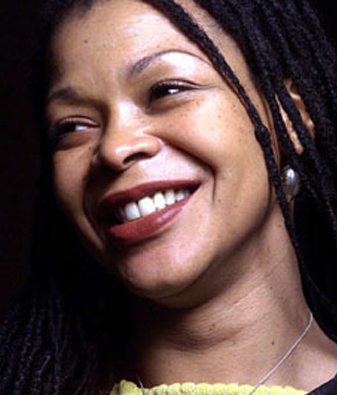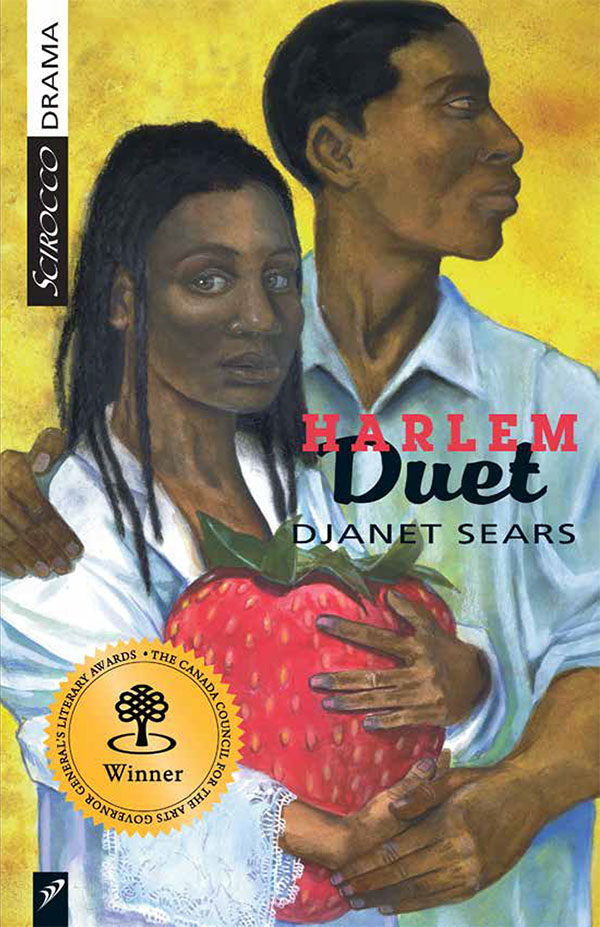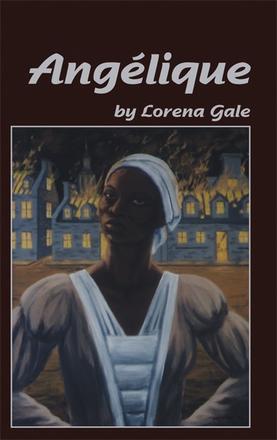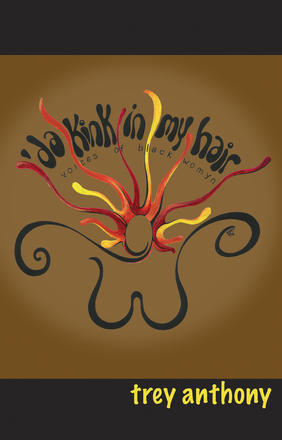Djanet Sears is raising the curtain on Black dramatic literature.
Sears, an assistant professor, teaching stream and an award-winning playwright and director, recently finished teaching Black Playwrights: Resistance, Resilience and Transformation — a fourth-year seminar at the Centre for Drama, Theatre & Performance Studies that’s cross listed with the Black Canadian Studies Certificate and part of the Canadian Studies program administered by University College.

The course explored dramatic literature by writers from the African diaspora in Canada, the United States, the United Kingdom and the Caribbean from 1959 to the present.
“I left various schools, never having read a play by a Black playwright,” says Sears, reflecting on her own education.
The course was designed to enhance the students’ knowledge and understanding of dramatic writing and broaden traditional answers to the question of which people create literature for the stage.
“We get into the nitty gritty,” says Sears. “We analyze texts, using those critical thinking skills that they've acquired, because this is a fourth-year seminar, and we're applying theory to practice — how might a director (or designer) analyze a script, lead a team, and transform an intellectual concept into a three-dimensional visual narrative and performance vision?
“I encourage the students to look at plays from the perspective of a director, costume designer, sound designer, video projection designer, or set designer, so that they can employ a perspective from which to dig for deeper meaning and identify the layers of thematic ideas and motifs.”
If you've studied literature, you've probably not come across any Black plays. And if you've studied plays, it's likely been Shakespeare, Shaw or Chekov. As teachers, we create canon, even if we don't mean to. I wanted to expand the notion of canon, especially in a location like Toronto. Our theatre is just beginning to reflect who we really are, and there should be more of it.
The class reviewed the works of 18 Black playwrights that many of the students had never encountered.
“If you've studied literature, you've probably not come across any Black plays,” says Sears. “And if you've studied plays, it's likely been Shakespeare, Shaw or Chekov. As teachers, we create canon, even if we don't mean to. I wanted to expand the notion of canon, especially in a location like Toronto. Our theatre is just beginning to reflect who we really are, and there should be more of it.”

The class studied plays such as Sears’ own award-winning drama, Harlem Duet. The play explores the complicated relationship of a Black couple in three key periods in the American Black experience: 1860, before the U.S. Emancipation Proclamation; 1928, during New York’s Harlem Renaissance; and in post-civil rights 1997. Each setting reframes the story of the main character, Billie, her deep love for her partner, and her sacrifices and resilience in the face of her partner’s betrayal.
Another play was Lorena Gale’s Angelique, which captures the story of Marie Joseph Angélique, an enslaved Black woman who was hanged for allegedly setting fire to Montreal in 1734.
“Angelique’s story was only uncovered by Lorena Gale when she met scholar Denyse Beauregard-Champagne who was unearthing the 18th century trial transcripts and found out what she believes really happened,” says Sears. “The course is filled with plays depicting rich and compelling stories that we rarely hear about, and the students are thoroughly engaged.”

Trey Anthony, who’s award-winning play ‘da Kink in my Hair which was later made into a television series, visited Sears’ class on March 14.
“It's probably the, or if not one of the most successful Canadian plays in the history of commercial theatre,” says Sears.
The play's central character, Novelette, is the Caribbean-Canadian owner of a Toronto hair salon. The play tells the often funny and moving story of the triumphs and struggles of a group of Black women who share their remarkable and heartfelt stories through words and song.
From this play, Sears dove into discussions about the importance of hair as a symbol of resistance to Black people. As well, for Sears, the play evokes a strong personal response. “I was fired from a job for my hair when I was 22 because I wore braids,” she says.
Laura-Fani Grigorakis, a third-year theatre student and a member of New College, enjoyed discovering the works of the course’s playwrights.
“It was super interesting to learn about these playwrights and plays because whether we knew about them or not, they have influenced our culture and influenced theatre as a whole,” she says. “It's important that we know where those influences come from.
Hearing the way the words sat in the air as opposed to how we read them in our heads added so much richness to my understanding of the text. I found this practice helped us approach the work both as artists and academics.
Trey Anthony, who’s award-winning play ‘da Kink in my Hair which was later made into a television series, visited Sears’ class.
“And this class gave me a lot of hope for the future of theatre and gave me the tools to engage intimately with experiences and stories I don't hear about and don't see in media as often. As someone who’s invested in the abolishment of our neocolonial systems of oppression, it’s refreshing to see how intertwined Black art is to politics and activism.”
As a burgeoning playwright, Nina Katz, a fourth-year English major, with minors in drama and creativity and society at Victoria College, loved reading the plays aloud before diving into discussion.
“Hearing the way the words sat in the air as opposed to how we read them in our heads added so much richness to my understanding of the text,” she says. “I found this practice helped us approach the work both as artists and academics.
“And I appreciate how Djanet gave us insight into canonical, prominent Black writers, and how she also highlighted contemporary work by playwrights who are being produced right now. It was exciting to study the contemporary theatre scene, and I'm grateful to Djanet for enriching our idea of what theatre can be.”
“I imagine these students will become scholars, artistic directors, directors or producers, designers, or maybe they'll become lawyers,” says Sears. “Regardless, their notion of the actual breadth of dramatic literature will be so much bigger. So when they're making decisions as artistic directors, their version of a canon will be immense and inclusive.”


